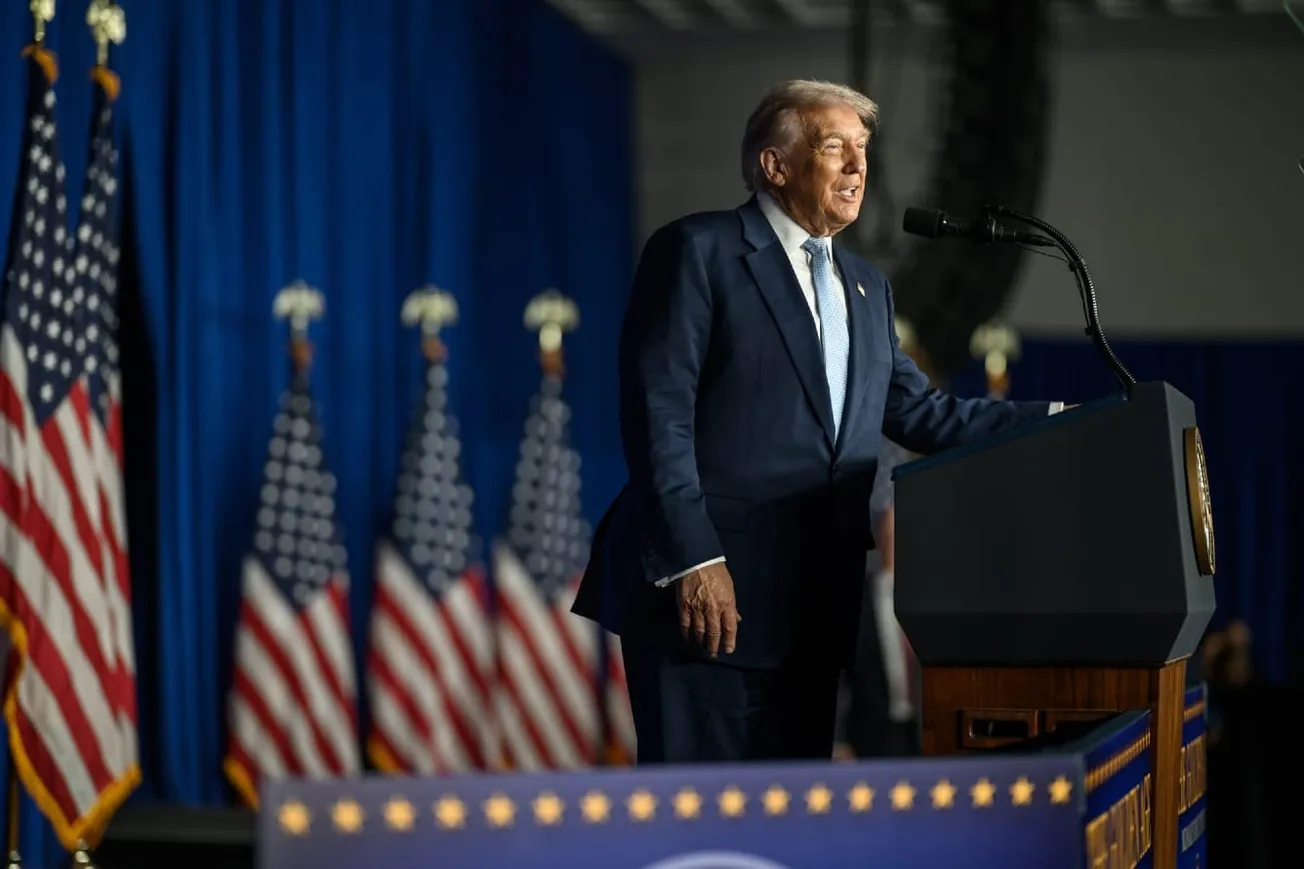By Jonathan Williams via The Daily Caller News Foundation | October 08, 2024
As inflation steadily erodes the American family’s ability to afford basic necessities — food, housing, and transportation — big government advocates have resurrected an antiquated and discredited policy idea: government-imposed price controls.
On the surface, price controls may seem like an easy fix for rising costs. However, as Economics 101 and millennia of history have shown, such measures are doomed to fail from the very start.
Yet, big government enthusiasts, emboldened by favorable polling and seemingly advantageous political conditions, are pushing forward with this failed idea. A recent headline from the progressive outlet The Atlantic even urged, “Sometimes You Just Have to Ignore the Economists.” (RELATED: LARRY ELDER: Price Controls Are Bad — No Matter Who Demands Them)
But back in the real world, prices are not set by political campaigns or government bureaucrats. Prices are determined by buyers and sellers, through the natural forces of supply and demand. This decentralized process constantly adjusts prices based on a wide range of factors, large and small.
A simple example of the complexity of this process can be found in Leonard Read’s classic essay, I, Pencil. Read details the intricate network of voluntary actions that are necessary to produce something as basic as a pencil — an effort so complex that no central government planner could ever successfully manage it.
The root of inflation is simple: too much money chasing too few goods. The Biden-Harris administration’s multi-trillion-dollar spending spree in Washington, D.C., has been a primary driver of today’s inflation. But instead of acknowledging the role big government has played, price control advocates shift the blame to businesses, accusing them of price gouging. Yet in the long run, no company can arbitrarily set prices without competition knocking them out of the market.
Take, for example, the price of an apple at your local grocery store. The grocer must consider a number of factors: the cost of purchasing the apple, transporting it to the store, and paying employees to stock it on shelves. The price of other fruits — like bananas or oranges — must also be weighed, along with what the competition is charging. If the store charges too much, customers will simply shop elsewhere or online. Even with this basic example, it is clear that prices reflect many factors — far too many for government bureaucrats to manage.
Those pushing price-control proposals assume that bureaucrats can replace the intricate decision-making of millions of individuals with a centralized government plan. They assume a government worker will know how to balance all these factors without making costly mistakes or opening the door to corruption. But history shows that governments always fail when they try to outsmart the free market.
As Dominic Pino recently noted in National Review, price controls are nothing new. They have been tried since the days of the Roman Empire, and even dating back further to ancient Babylon. Each attempt has ended in failure, including President Richard Nixon’s ill-conceived attempt to freeze prices and wages in the 1970s. The result? Shortages, empty supermarket shelves, and gas lines. Nixon later admitted that price controls were a mistake.
Despite the repeated failures, proponents of price controls continue to argue that they are necessary to stop supposed price gouging. But recent research from the New York Federal Reserve shows that food prices are not being driven by increased profits from manufacturers or retailers. In other words, inflation is being driven by government policies — not by businesses adjusting prices to reflect reality.
As we navigate the political campaign season, proposals like price controls are often more about winning votes than solving real problems. The great Ronald Reagan famously said: “We don’t have inflation because the people are living too well. We have inflation because government is living too well.” Reagan’s simple wisdom rings true today.
Candidates may disagree on economic policy, but the lessons of history are clear: price controls are not the answer. Instead, we need to focus on the real driver of inflation — reckless federal overspending in Washington, D.C.
The views and opinions expressed in this commentary are those of the author and do not reflect the official position of the Daily Caller News Foundation.
Jonathan Williams is the executive vice president of policy and chief economist at the conservative American Legislative Exchange Council. Follow him on X at @TaxEconomist.
Original article link







